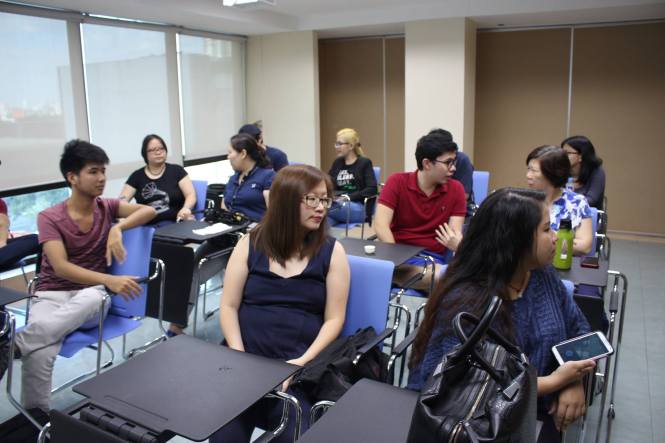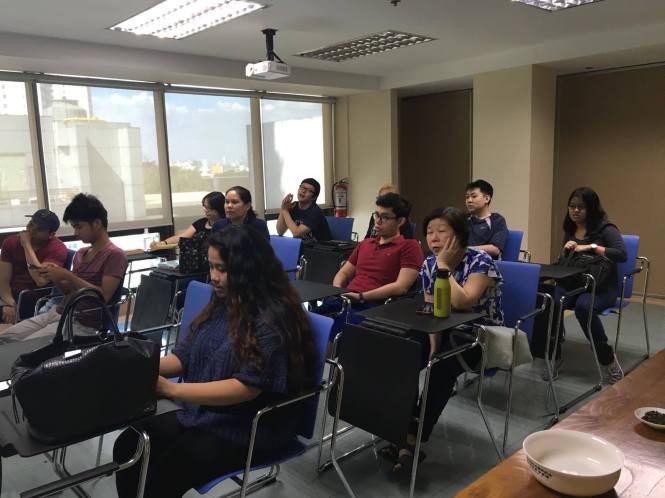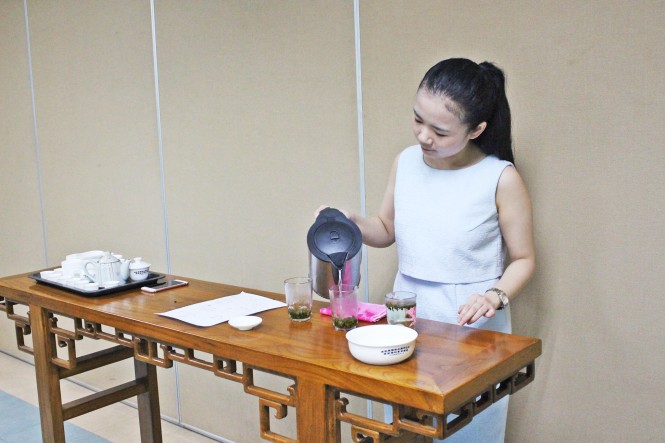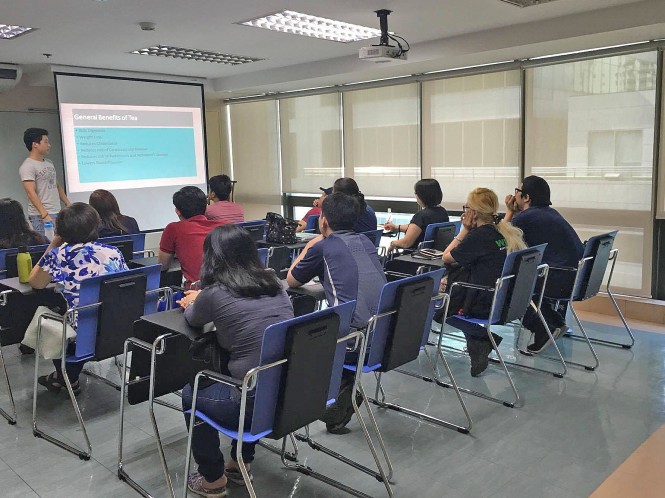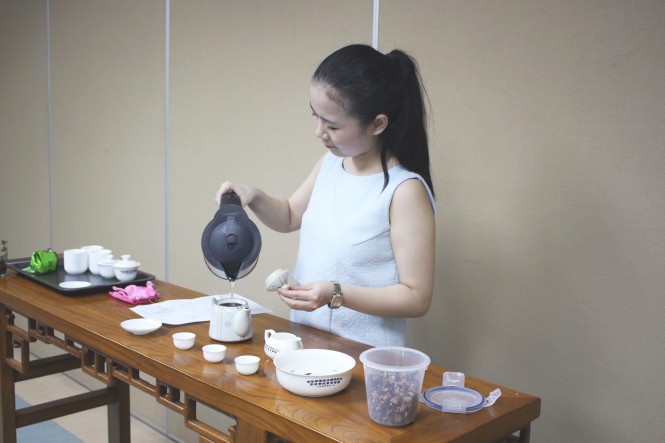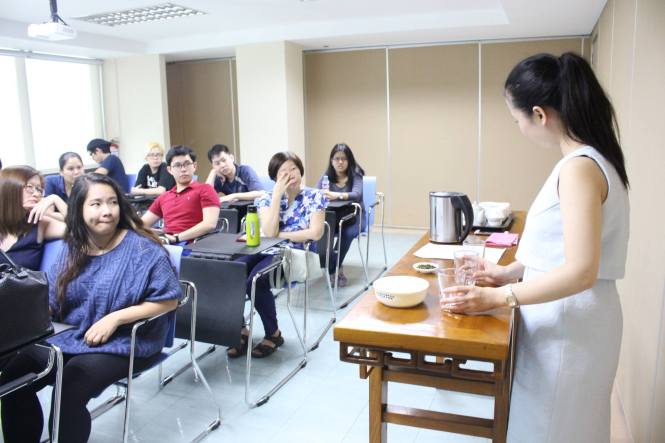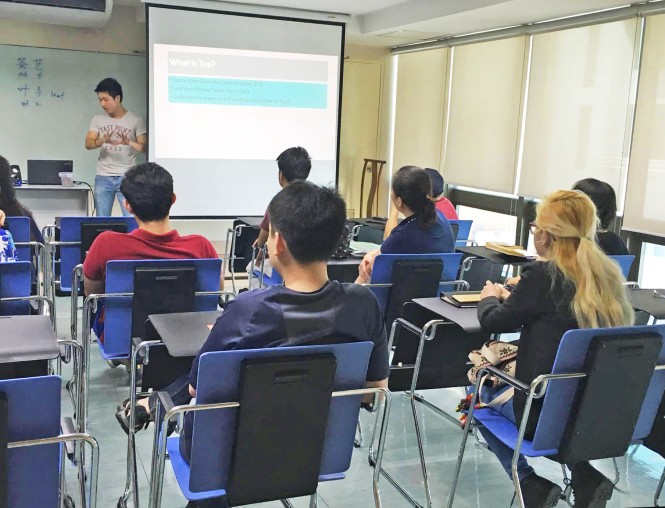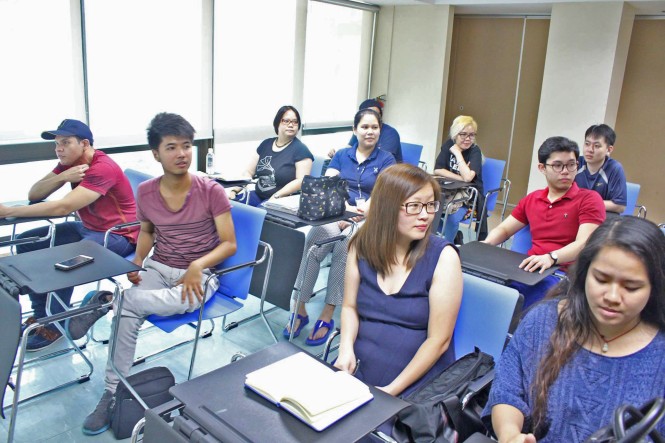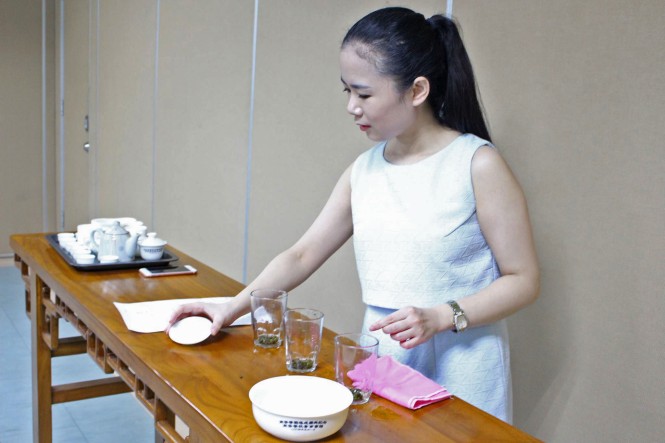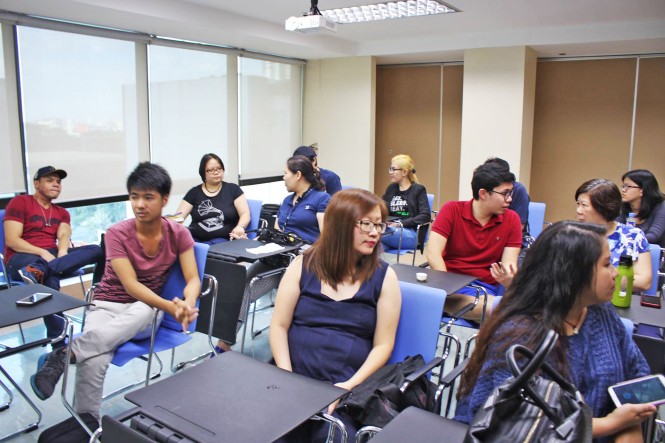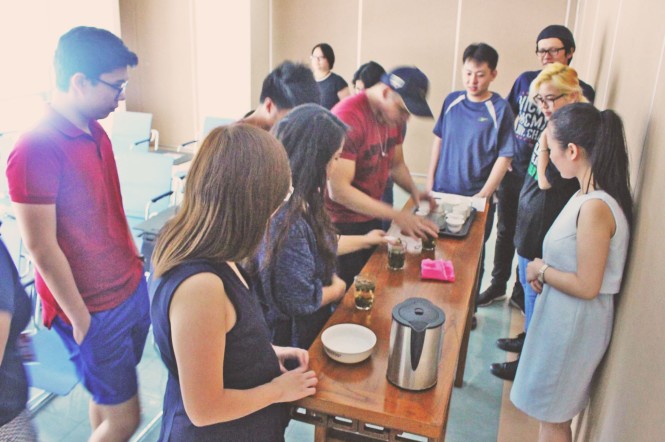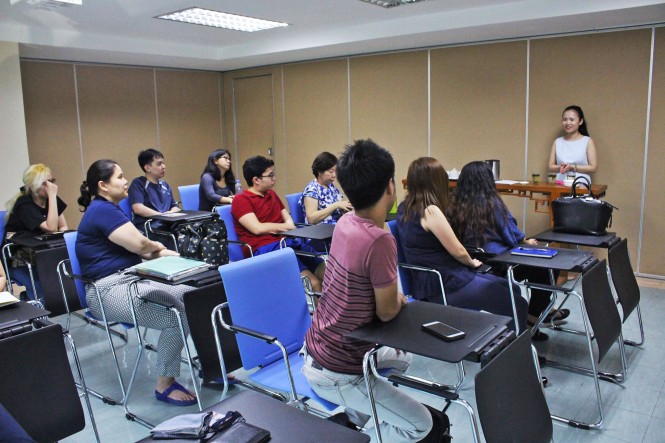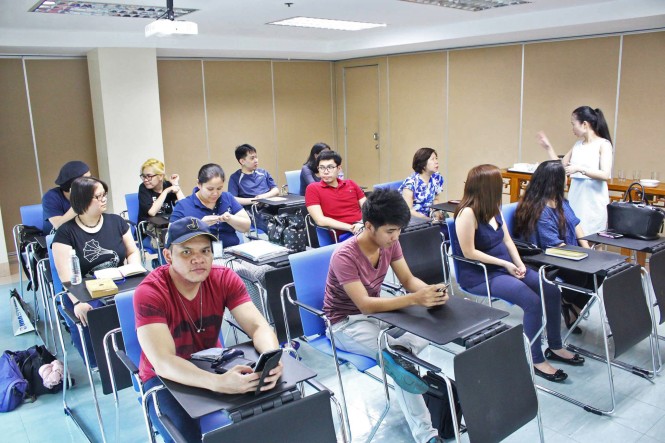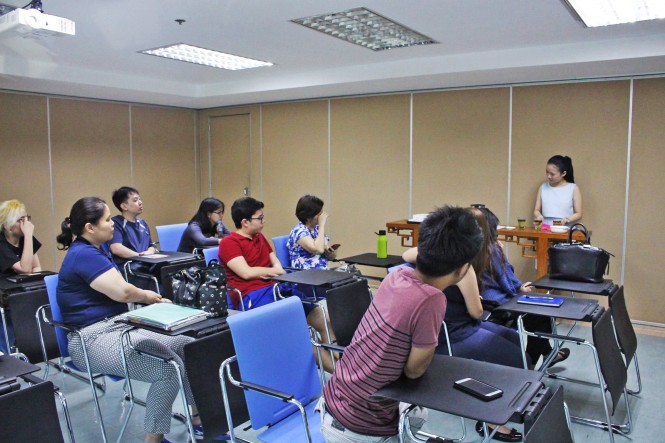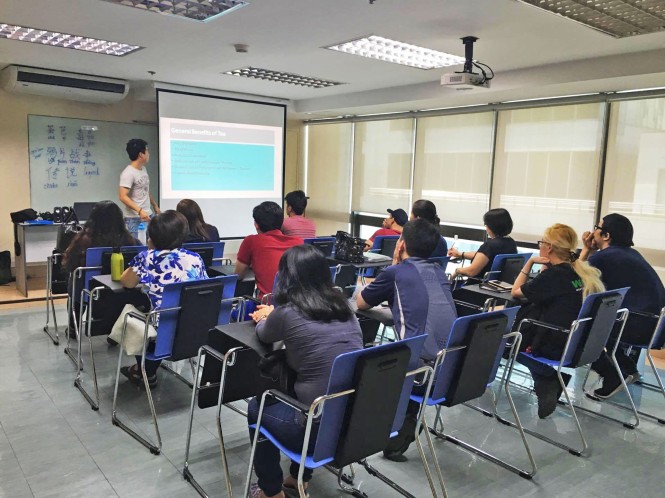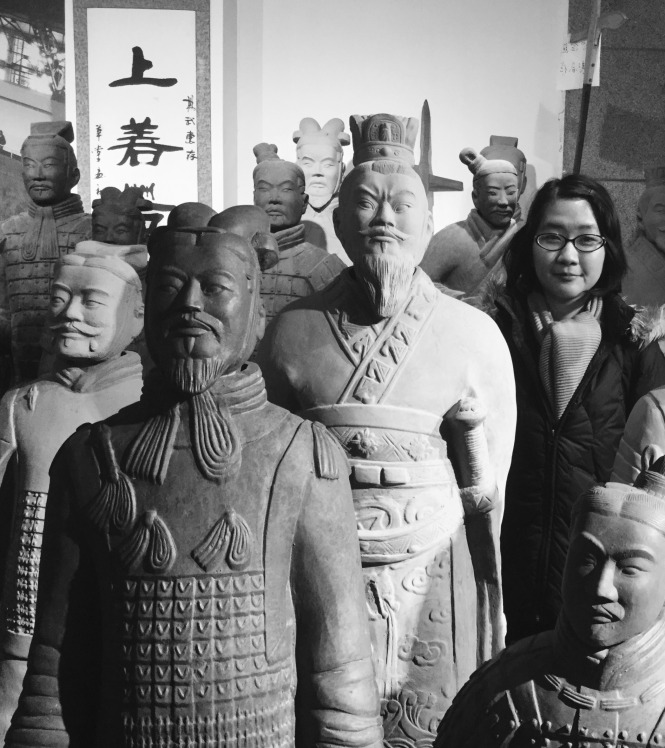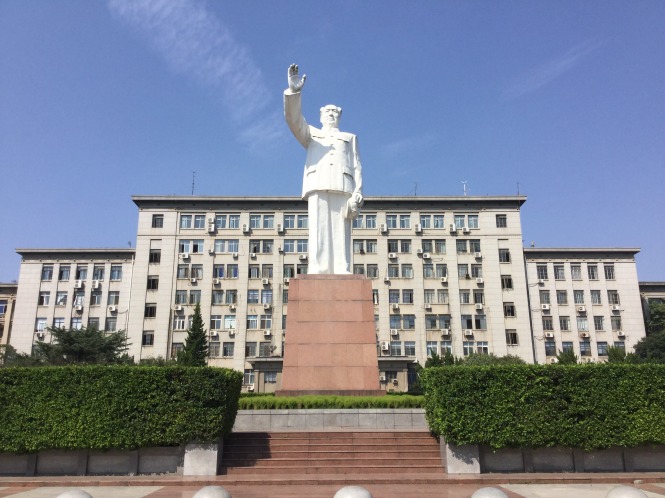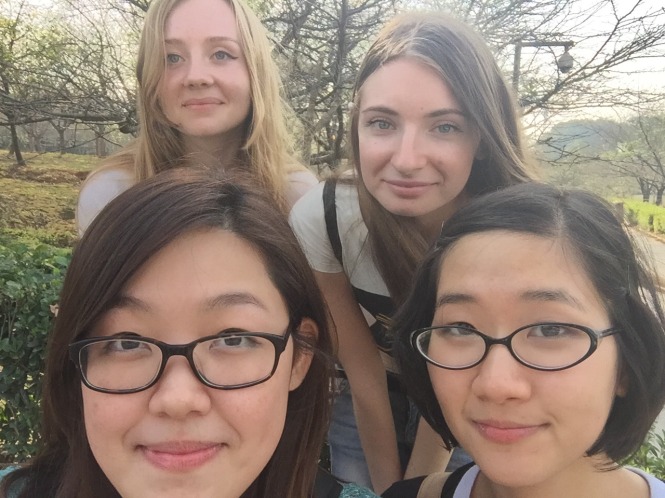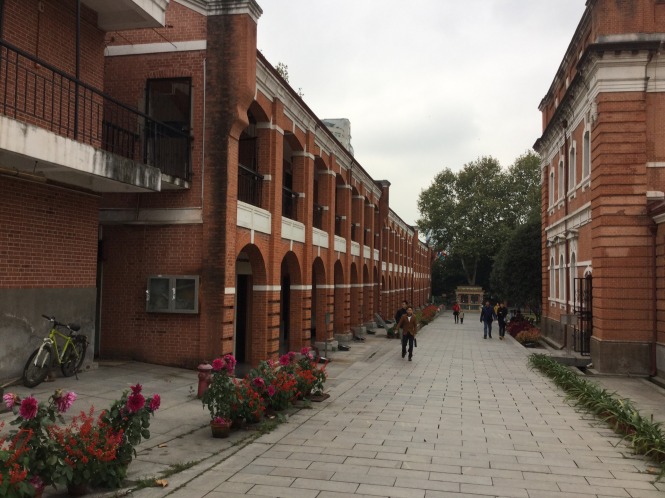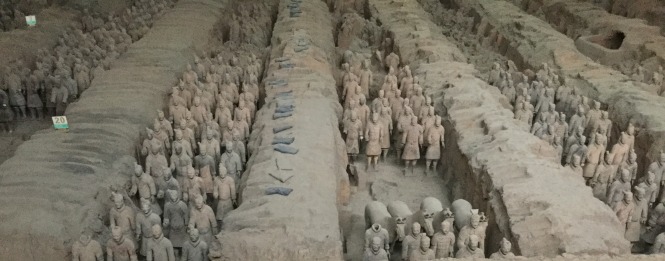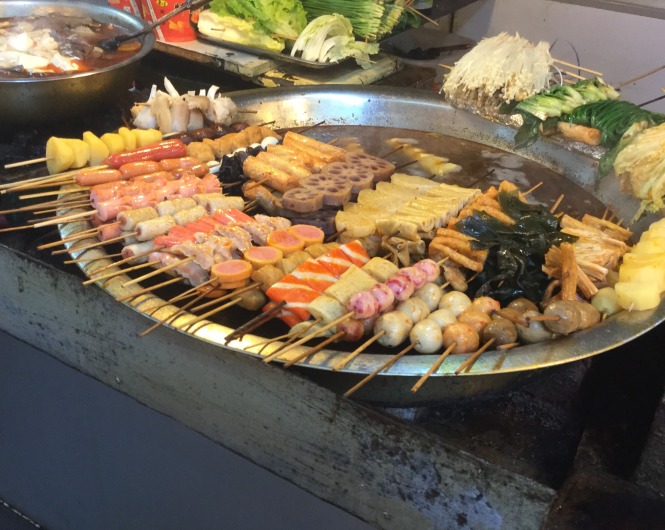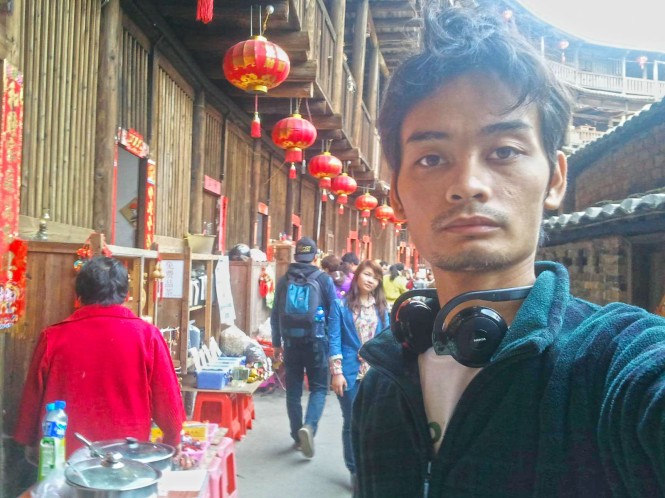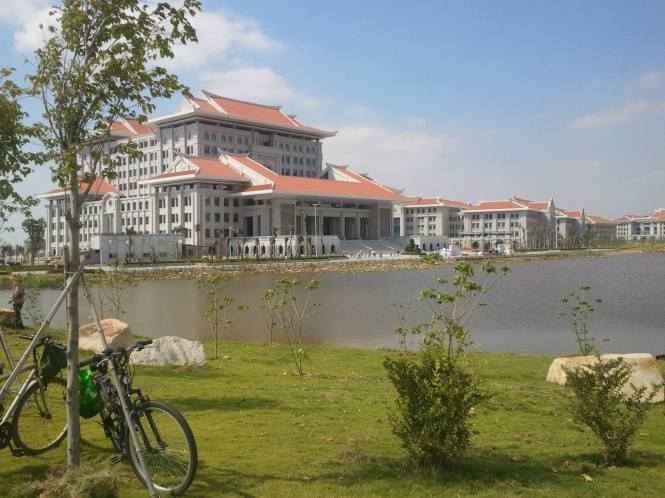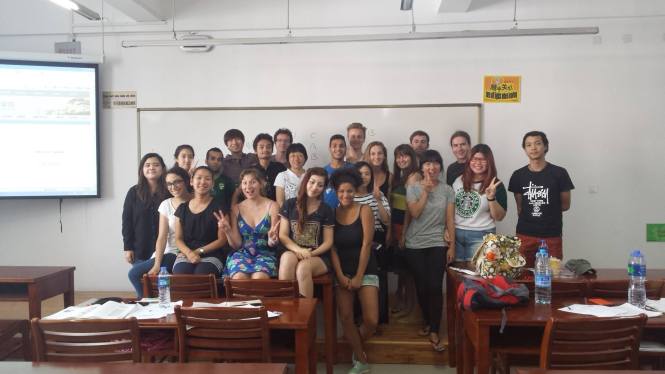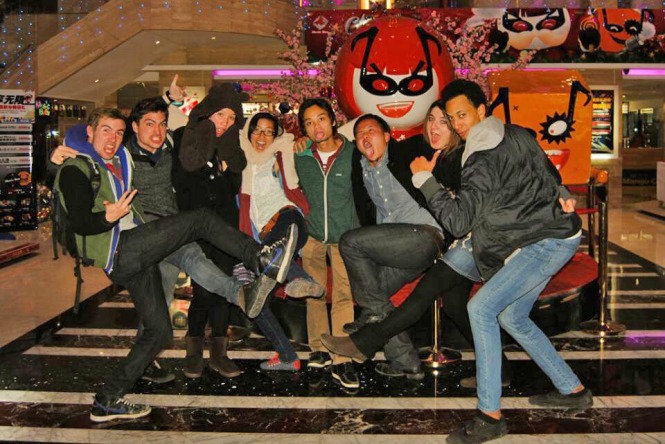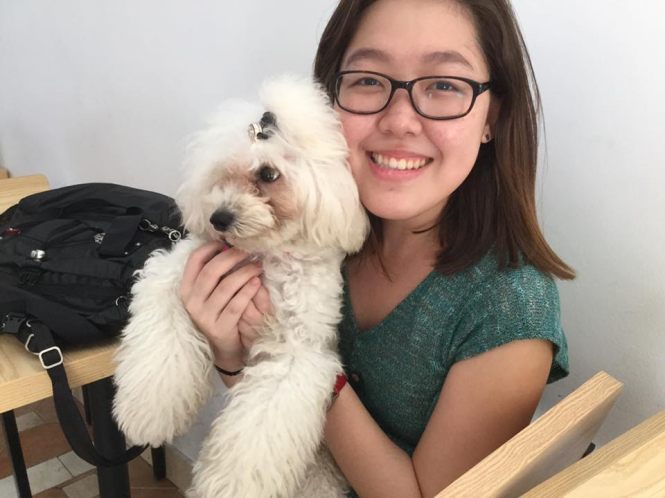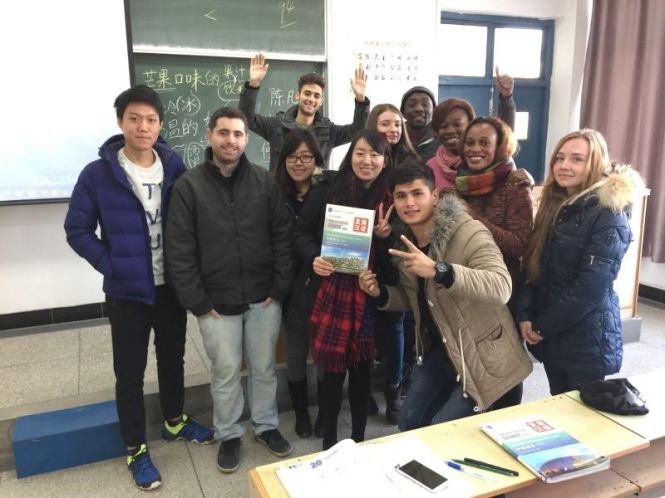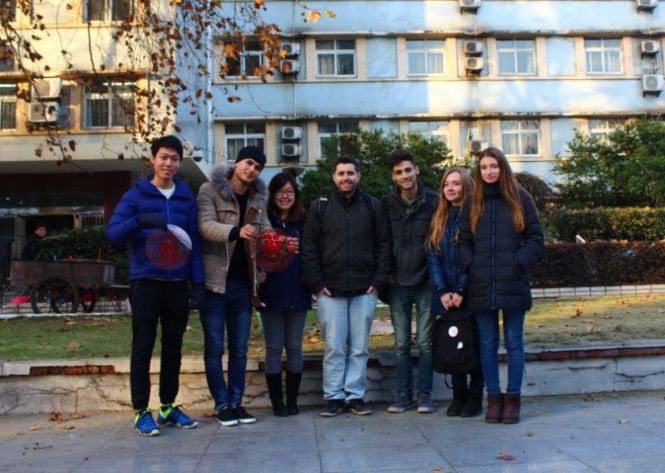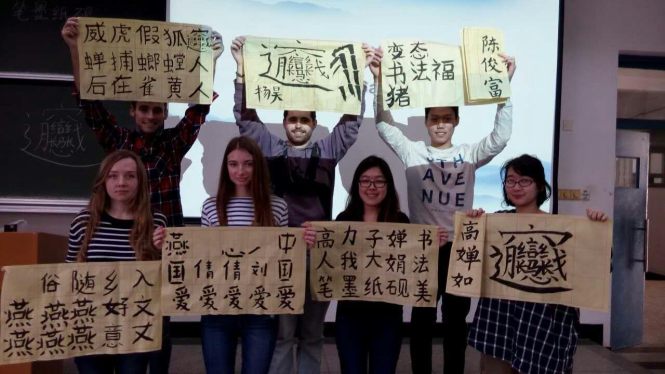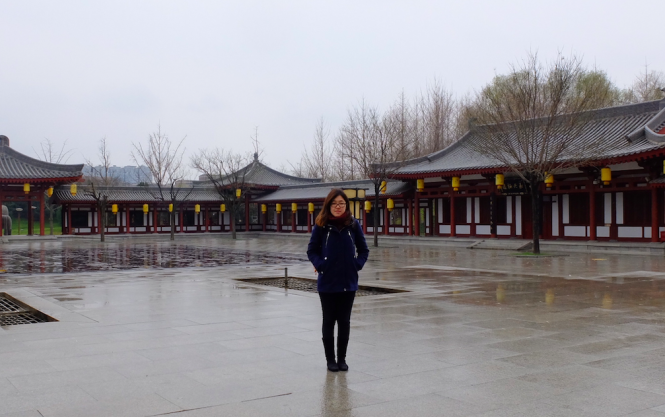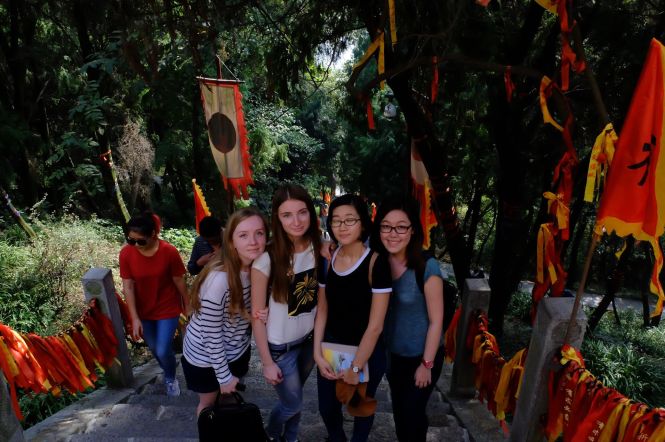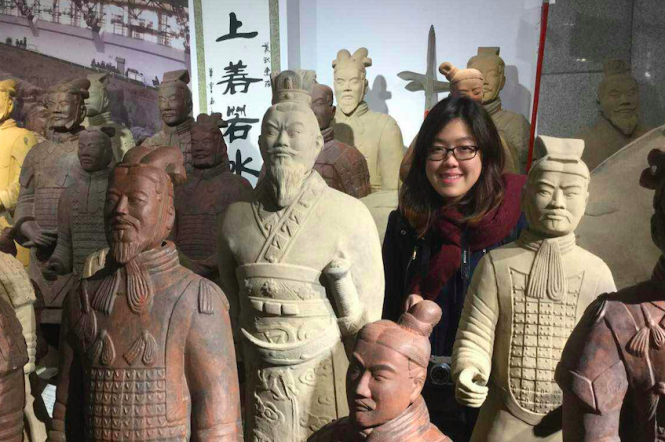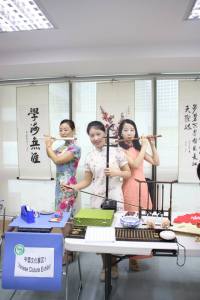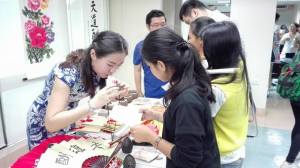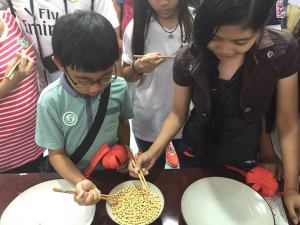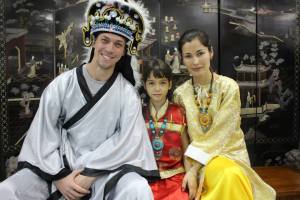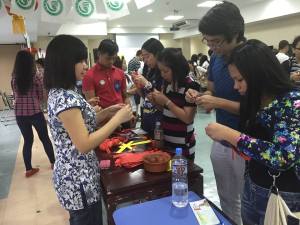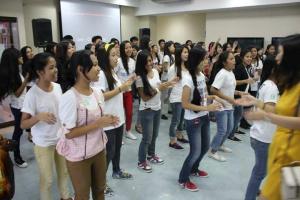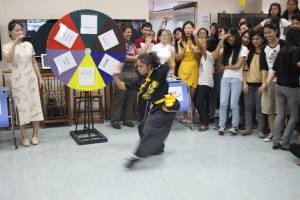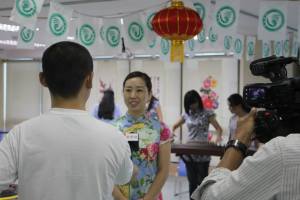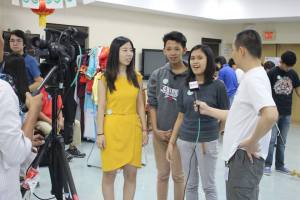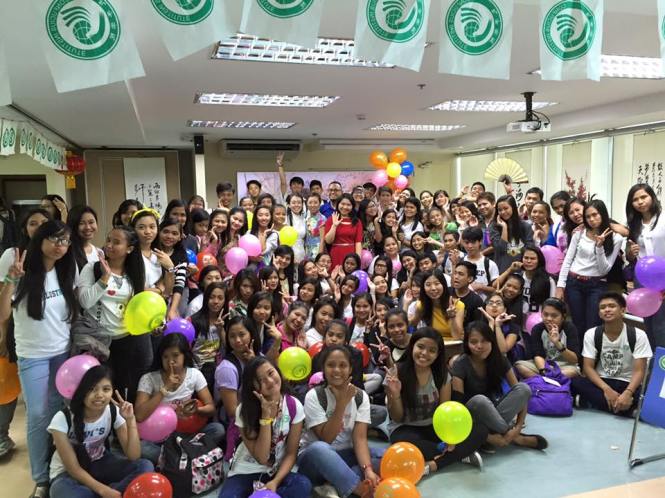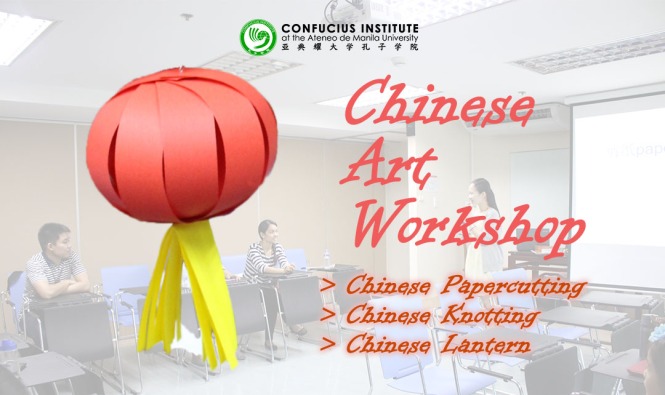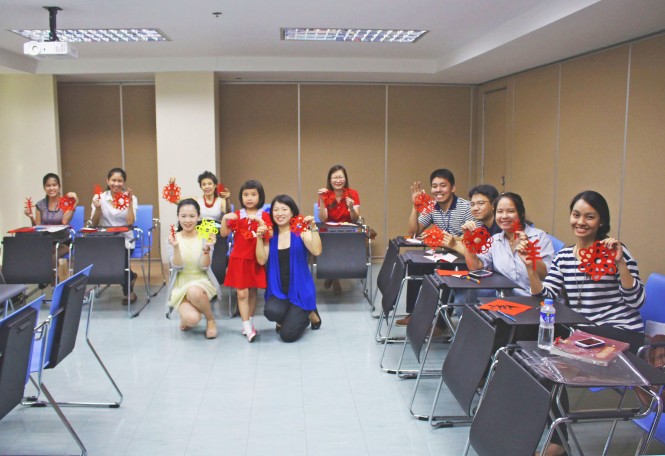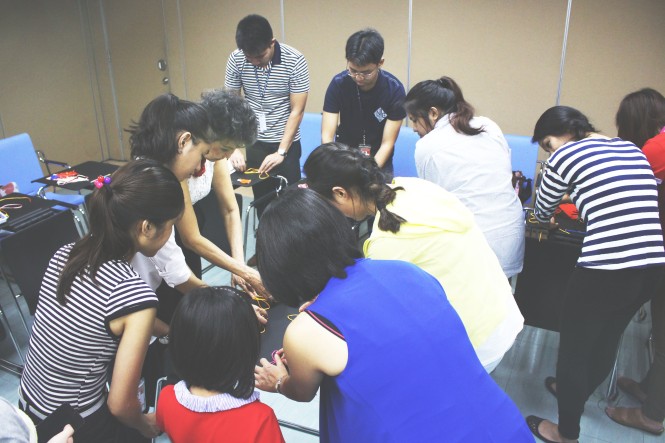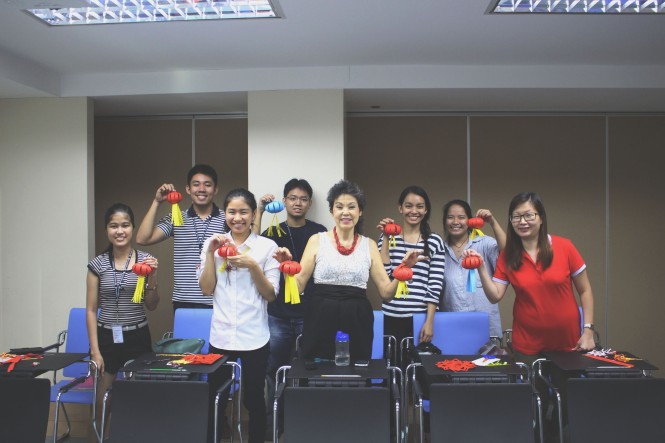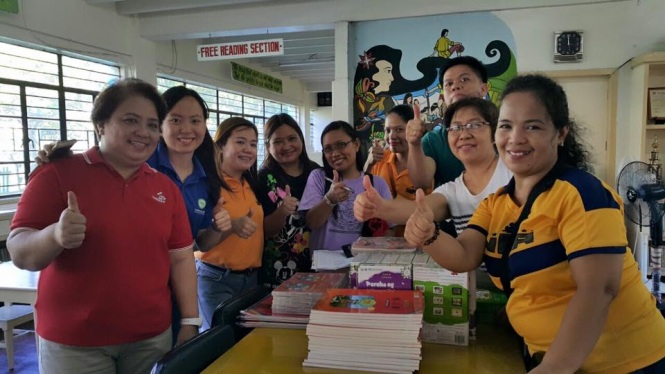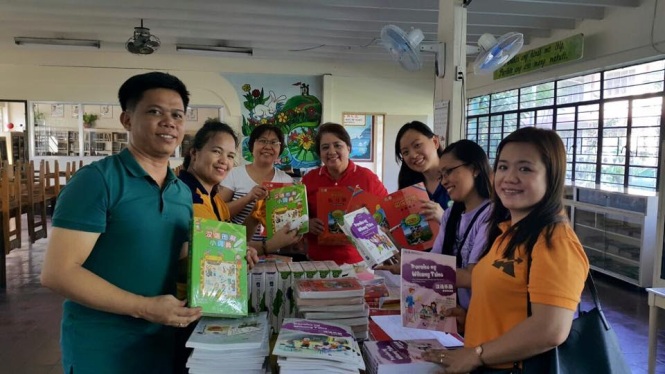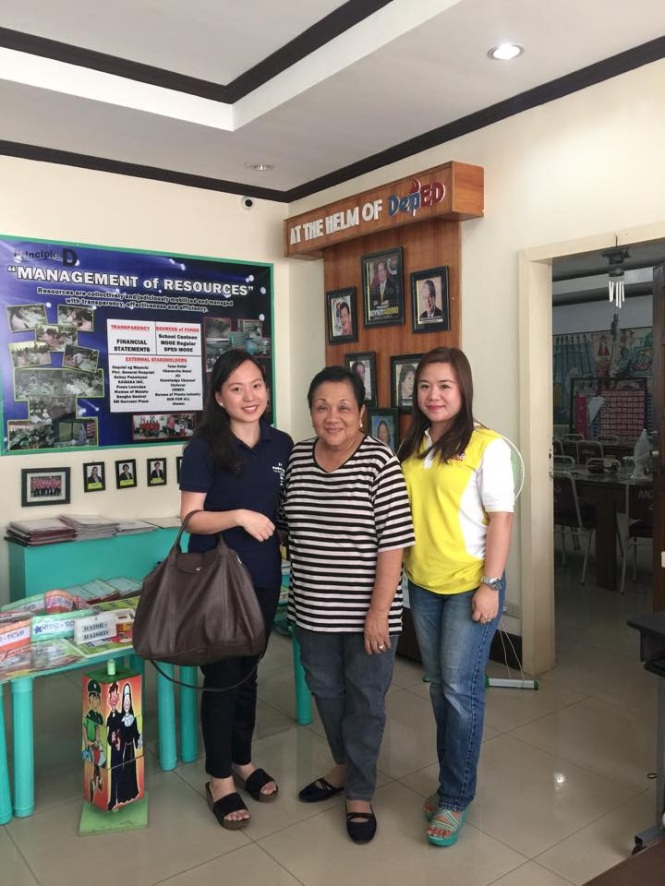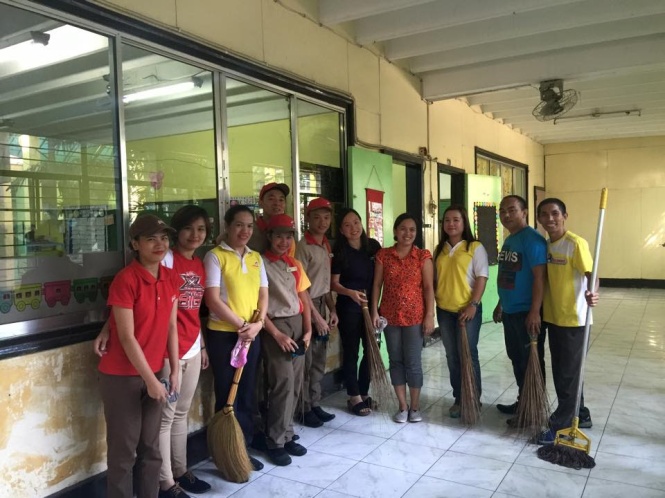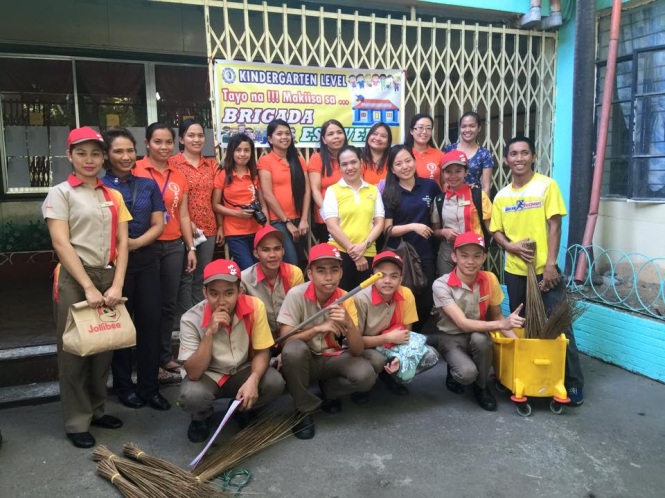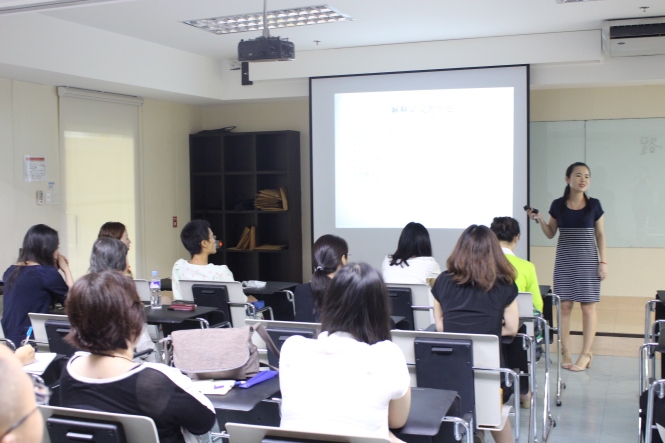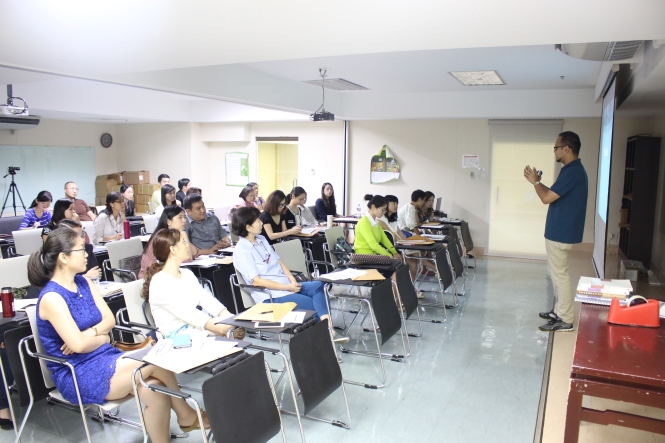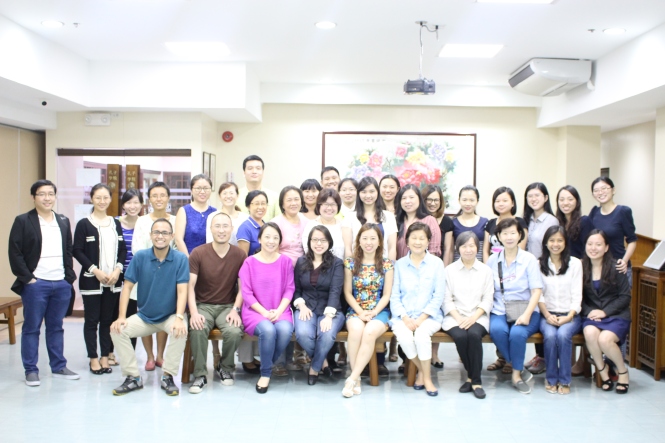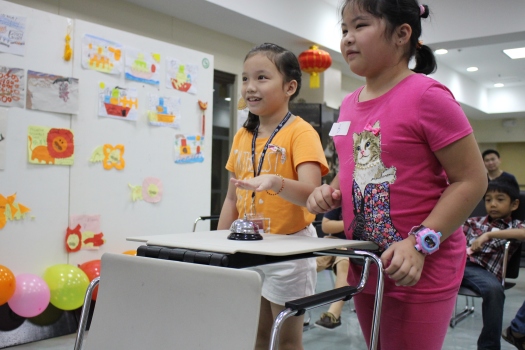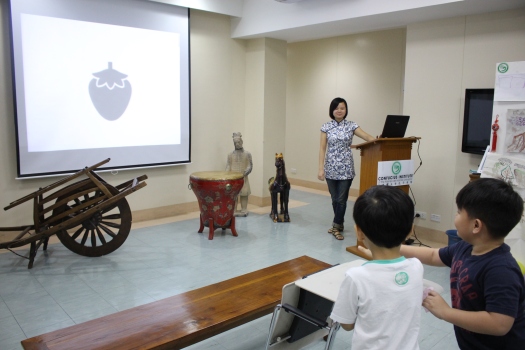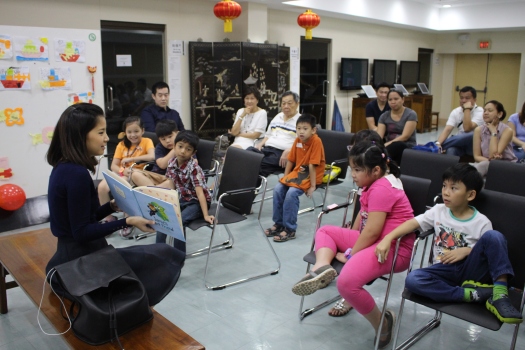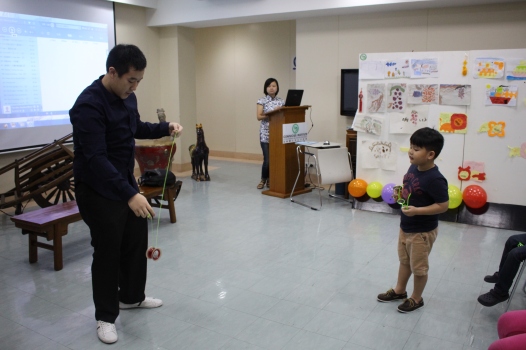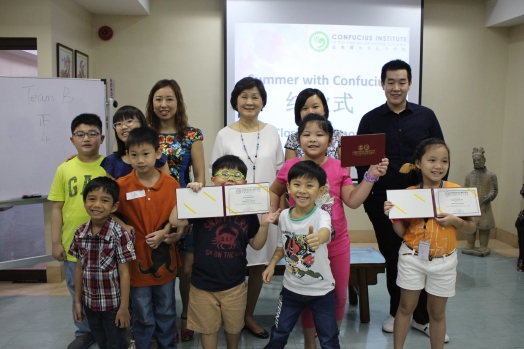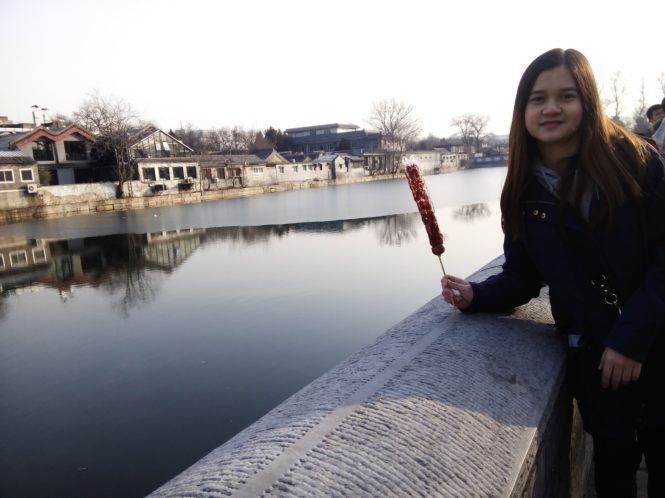
- How did you know about the CI scholarship?
Katrine: I found out about it when I was searching the internet for scholarships on studying in China. I read about CI offering scholarships to CI students. When I knew that, I decided to enroll in the Confucius Institute Loyola campus.
- Why did you choose to apply for the CI scholarship?
Katrine: I thought that the CI scholarship was more convenient for me because if you are enrolled in CI’s Mandarin classes, you have the privilege to apply for scholarship.
- What type of CI scholarship did you apply?
Katrine: I was thinking of whether to apply for one semester, one academic year, or even taking up the Master’s degree. Eventually I thought to myself, if I applied for the one semester program, it might be too short for me, plus I really want to improve my Mandarin. And for the Master’s degree, I would need to pass both HSK 5 and HSKK Intermediate Level in order to be qualified. So, I eventually applied for the one academic year scholarship.
- Was the process for CI scholarship easy? If not, what were some difficulties?
Katrine: It was really easy because the school and the coordinator really provided me much assistance. Plus, you can ask them anytime about anything regarding the scholarship.
- Which school did you apply to? Where is it specifically located? How long did you stay? From when until when? How was your stay in that school?
Katrine: My first choice was Beijing Foreign Studies University (BFSU) where I thankfully got accepted. It is located in Haidian District, Beijing and it is one of the top universities in China which is also known for its foreign languages program. Furthermore, it is also known for producing the country’s Foreign Affairs officers. Currently, I just finished my first semester. I am really having a pleasant stay in BFSU because I study with my fellow foreign students, and the teachers are very good in their field. Also, just to share, I actually never imagined a university to be this big, and it has two campuses, the East and West campus. I live inside the East campus, and we have a beautiful garden in front of our dormitory. There is a football field and a running field, as well as basketball, volleyball and tennis courts, and also a park near the School of Language and Literature.
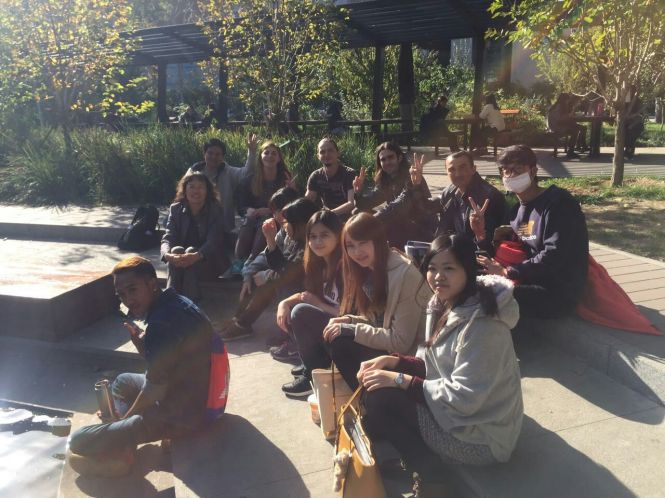
- Can you describe your learning experience from studying in China?
Katrine: At first, I had a hard time because of the “NO ENGLISH” policy inside the class, and in fact you can actually count with your hands how few English words that the teachers are using when they explain certain words. But eventually, I also got the hang of it. During class hours, I try my best to focus and not fall asleep because I feel that every lesson is important.
To supplement our learning, we also have different activities to help us improve our listening and speaking skills. Aside from the language classes, as part of the overall learning experience, we also have cultural activities such as calligraphy and also different elective classes which we can freely choose.
- Apart from the studying, what other experiences can you share to us?
Katrine: I want to share my first experience of climbing the Great Wall in Mu Tian Yu. At that time, I thought that I could not reach the top because I felt that the steps were endless, steep, and a bit narrow. But after reaching the top, I just felt so proud of myself. But to be honest, I thought that climbing the Fragrant Hill (also in Beijing) was even more difficult than the former. But thankfully, I was also able to reach the top, and for me, it was a big accomplishment.
Another experience that I want to share is when I went to the Forbidden City, I felt so amazed for its vastness and beauty. It was as if I travelled back to ancient China.
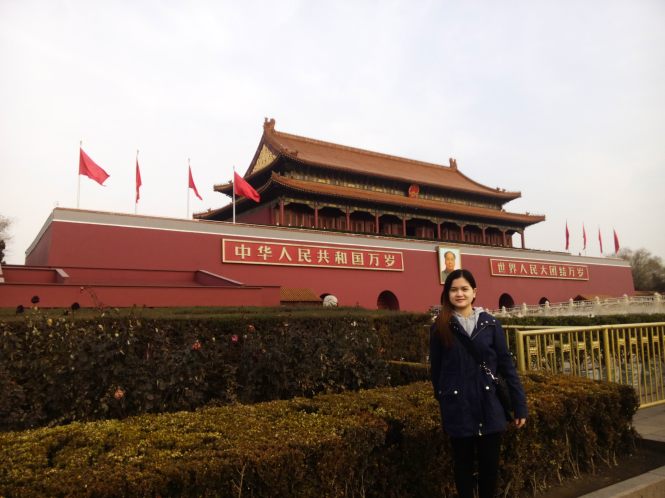
Lastly, I also attended a fan meeting/birthday concert of a Chinese actor/singer/dancer whose name is 吴 亦 凡 (Wu YiFan). I really enjoyed it because I was already a fan even before I came to Beijing.
- Can you highlight your most unforgettable experience during your scholarship in China?
Katrine: I am still on the program as of now, but I can say that my most unforgettable experience would be being able to travel around China and meeting new friends along the way. And personally, experiencing the country’s rich culture is something that I will never forget. Also, I would not forget all the happy moments with my classmates, teachers, and roommate in the first semester. I am so happy that I met wonderful people during my stay in BFSU.
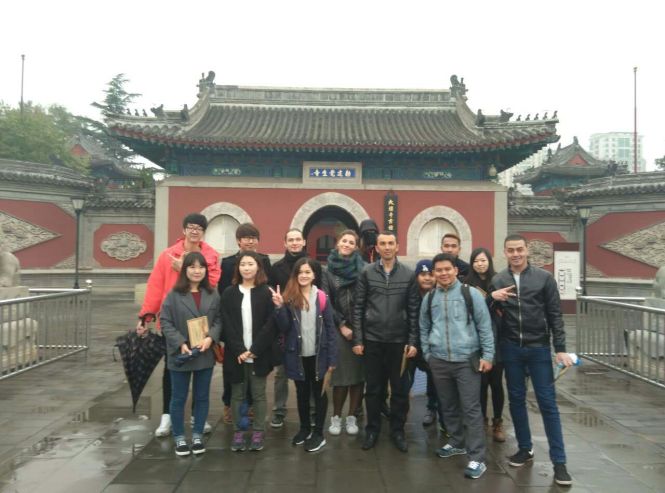
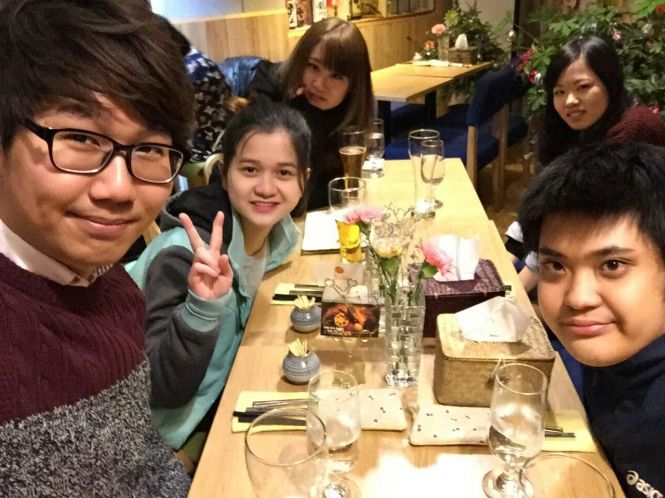
- What were your major challenges during your stay in China?
Katrine: My major challenge was when I arrived here in Beijing alone, I really had a hard time because my speaking and listening skills are not that good. All of the staff in the airport that I approached cannot understand and speak English, so I felt so unfortunate that time. Until now, I am still having a difficulty when speaking with the locals, especially the older people because they speak so fast and also their “R” (儿) accent makes it harder for me to understand them. Another challenge is with regard to the food, I find most of the food I eat here are quite oily, and I’m really not used to eating oily food. Lastly, experiencing the smog situation here is really a challenge. I experienced the very bad ones for two or three days, and it was not pleasant.
- How did the CI scholarship affect you in your life?
Katrine: For me, this scholarship is a privilege and the best shot of my life, so far. Because of this, I am able to study Mandarin in China, and travel as well without spending such a big amount of money. And I think I can be more confident when I go back home after I finish studying here.
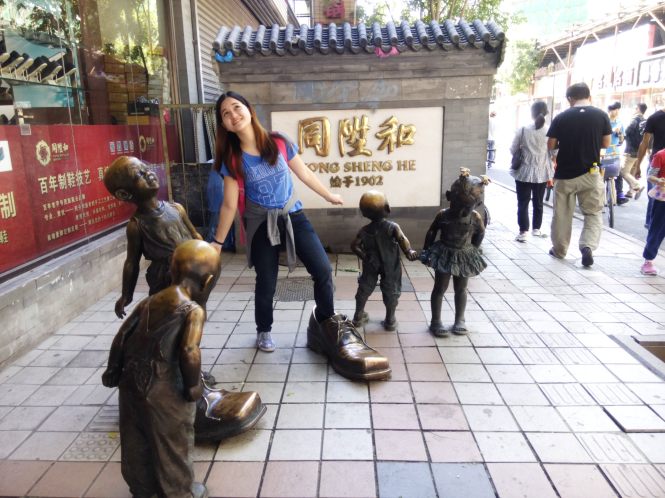
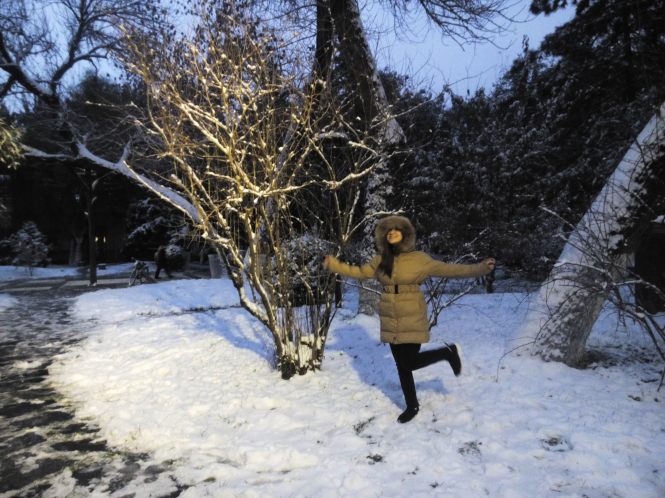
- What advice will you give to those who are also interested in the CI scholarship?
Katrine: I advise all of you to not have second thoughts in applying for the CI scholarship. If you are interested, give it a shot! Good opportunity comes only once. Strike while the iron is hot! Studying here in China is all worth it. I can tell that you will not regret it.
Special thanks to Ms. Joanna Tecson and Mr. Cris Garcia for encouraging me to apply for the scholarship. 🙂
